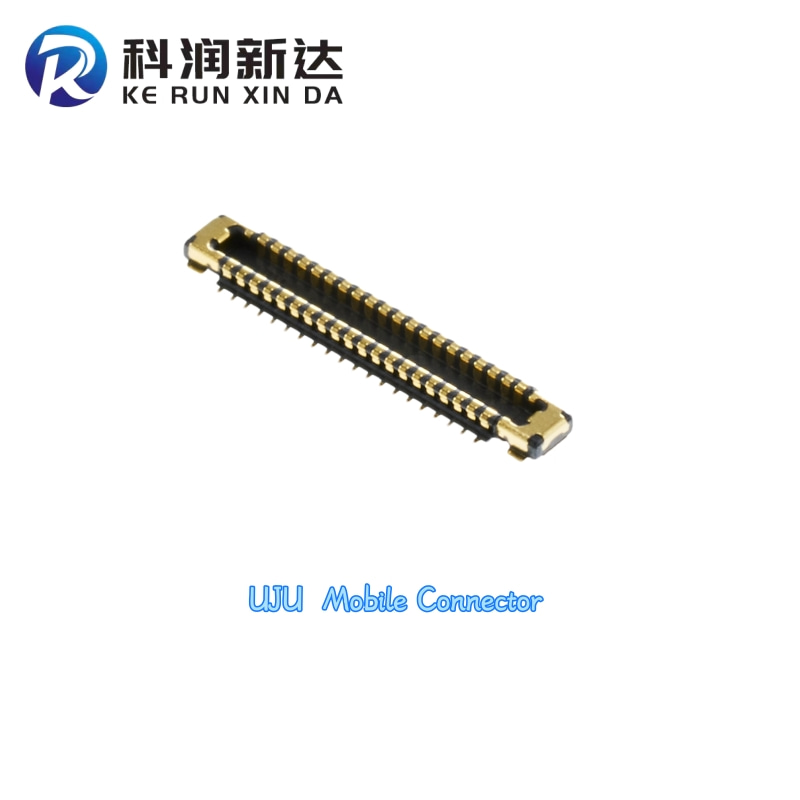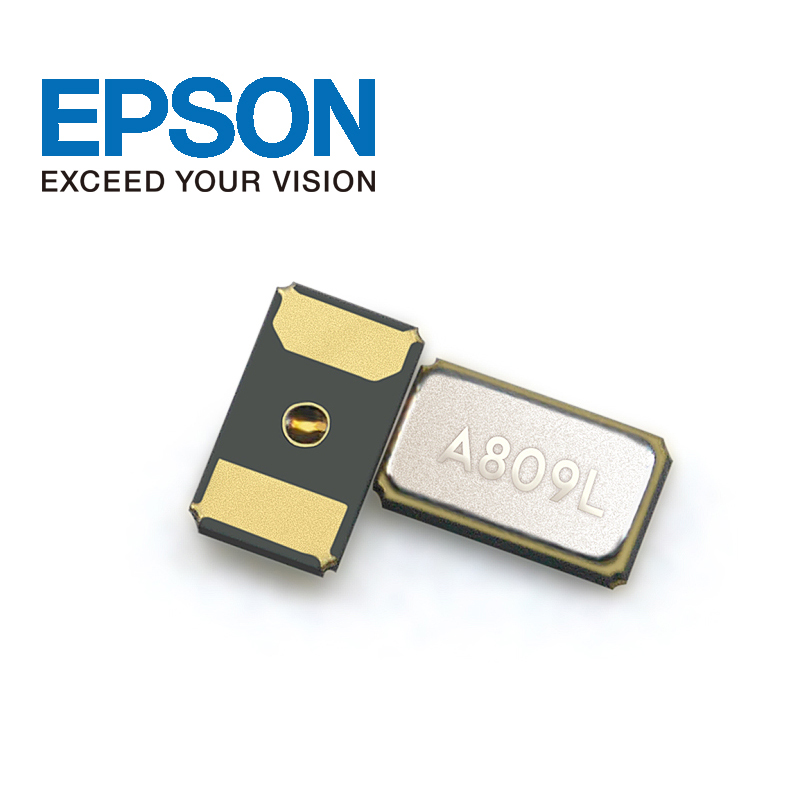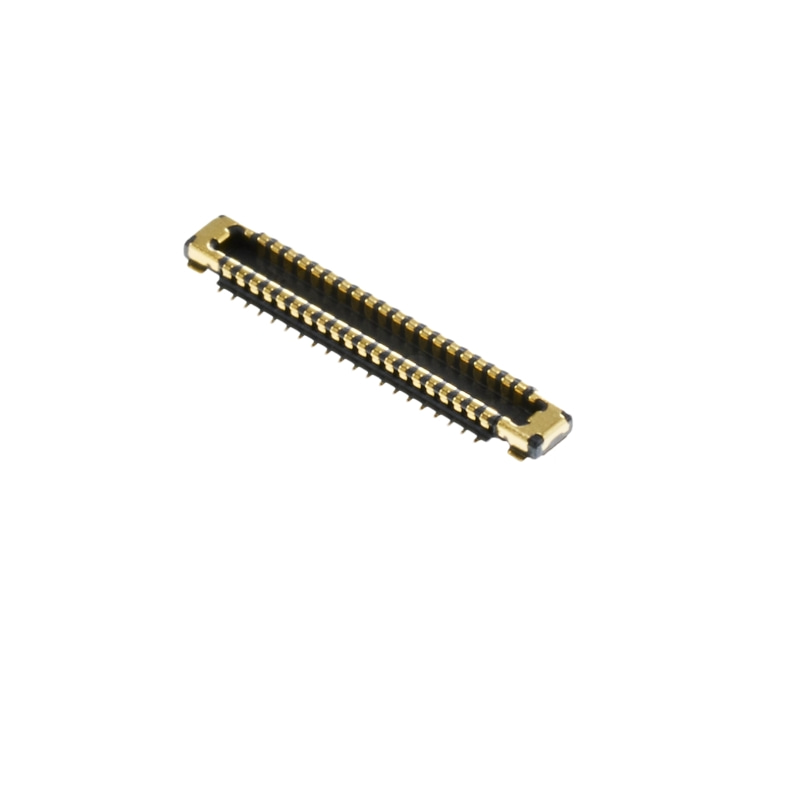Connectors that can be easily plugged and unplugged
Plug-in connectors, often referred to as plugs and sockets, are components used in electronic and electrical equipment to enable fast connections and disconnections. They are prevalent in consumer electronics, computer hardware, communications equipment and automotive electronics. These connectors are designed with a focus on ease of use and mechanical longevity, while maintaining stability in electrical performance.
Globally recognised plug-in connector brands such as TE Connectivity, Molex, Hirose, JST and Amphenol offer a wide range of plug-in connector solutions.
TE Connectivity's ALPS series connectors are known for their long mechanical life and high plug-in reliability. These connectors are designed to withstand frequent plugging and unplugging operations while maintaining low contact resistance and high signal integrity.
Molex's KK series of pluggable connectors are favoured by the market for their miniaturised design and high current carrying capacity.Molex's produc
ts incorporate precision terminal design and optimised contact mechanisms to ensure a stable electrical connection after multiple plugs and unplugs.
Hirose's DF11 series of plug-in connectors are well known for their use in small devices.Hirose's connector designs take into account the need for high-frequency signal transmission, using differential signal pairs and optimised impedance matching to reduce signal distortion.
JST's XH series of plug-in connectors are recognised for their use in industrial equipment.JST's products incorporate multiple sealing mechanisms and corrosion-resistant materials to ensure electrical safety and connection stability in harsh environments.
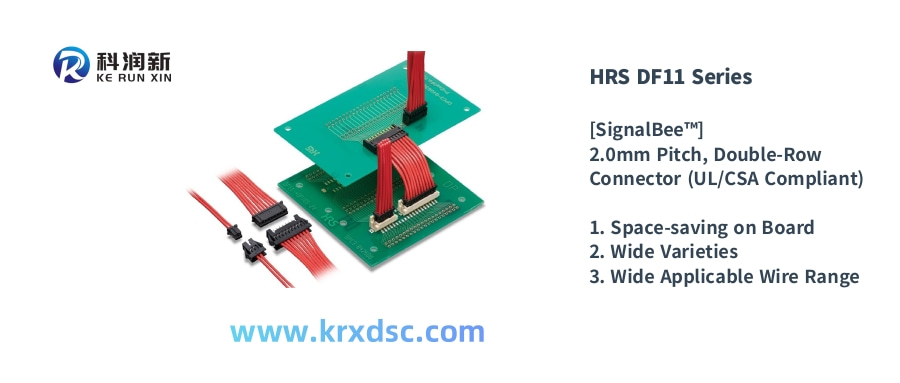
Hirose's DF11 series https://www.hirose.com/
Amphenol's plug-in connectors, on the other hand, are recognised for their reliability in extreme environmental applications.Amphenol's products incorporate special sealing technology and high-temperature-resistant materials to withstand high temperatures, high pressures and chemically corrosive environments.
In plug-in connector terminology, ‘insertion and extraction force’ describes the amount of force required to insert or remove a connector, which is critical to the user experience and the mechanical life of the connector. ‘Contact resistance’ is a measure of the resistance of current as it passes through a connector's contact points and affects the efficiency of electrical transmission.
‘Signal Integrity’ is a measure of a connector's performance when transmitting high-speed signals, including the amplitude, phase and frequency characteristics of the signal. Differential Signal Transmission’ is a method of transmitting signals using pairs of wires, which significantly improves the signal's immunity to interference.
‘Mechanical life’ is a measure of the number of times a connector can be safely plugged and unplugged, reflecting the durability of the connector. The ‘electrical life’ is the time or number of times a connector can maintain stability in its electrical performance.
Through these examples of well-known brands, we can see the high standards of plug-in connectors in terms of design, material selection, performance testing and environmental adaptability. The use of terminology, such as ‘plugging force’, ‘contact resistance’, ‘signal integrity’, ‘differential signal transmission ’, ‘mechanical life’ and ‘electrical life’, not only reflects the professionalism of the plug-in connector industry, but also helps equipment manufacturers and users to more accurately assess the performance and technical requirements of the connector.
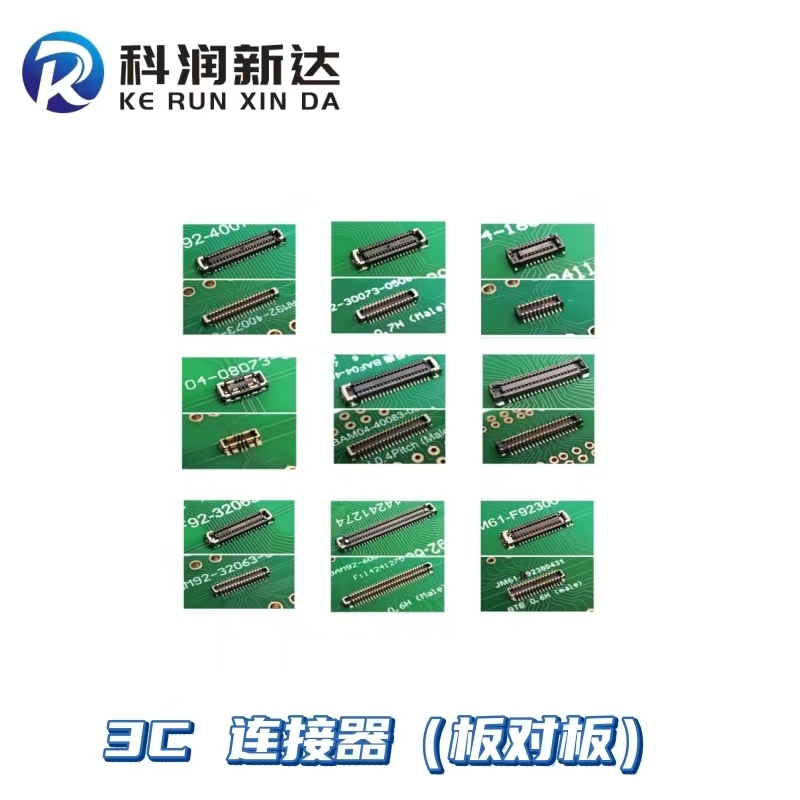 LCN (LCN Electronics)Board-to-
LCN (LCN Electronics)Board-to-


